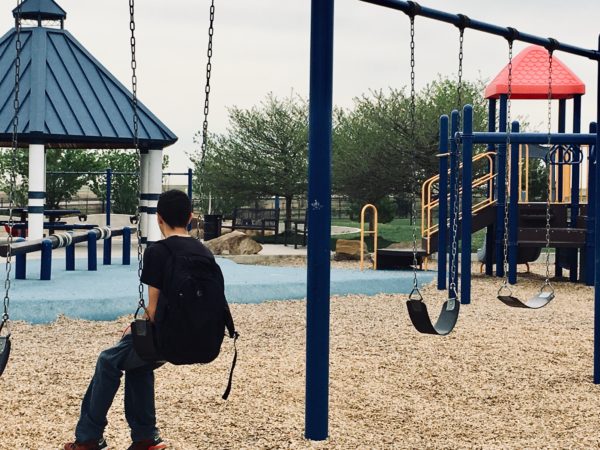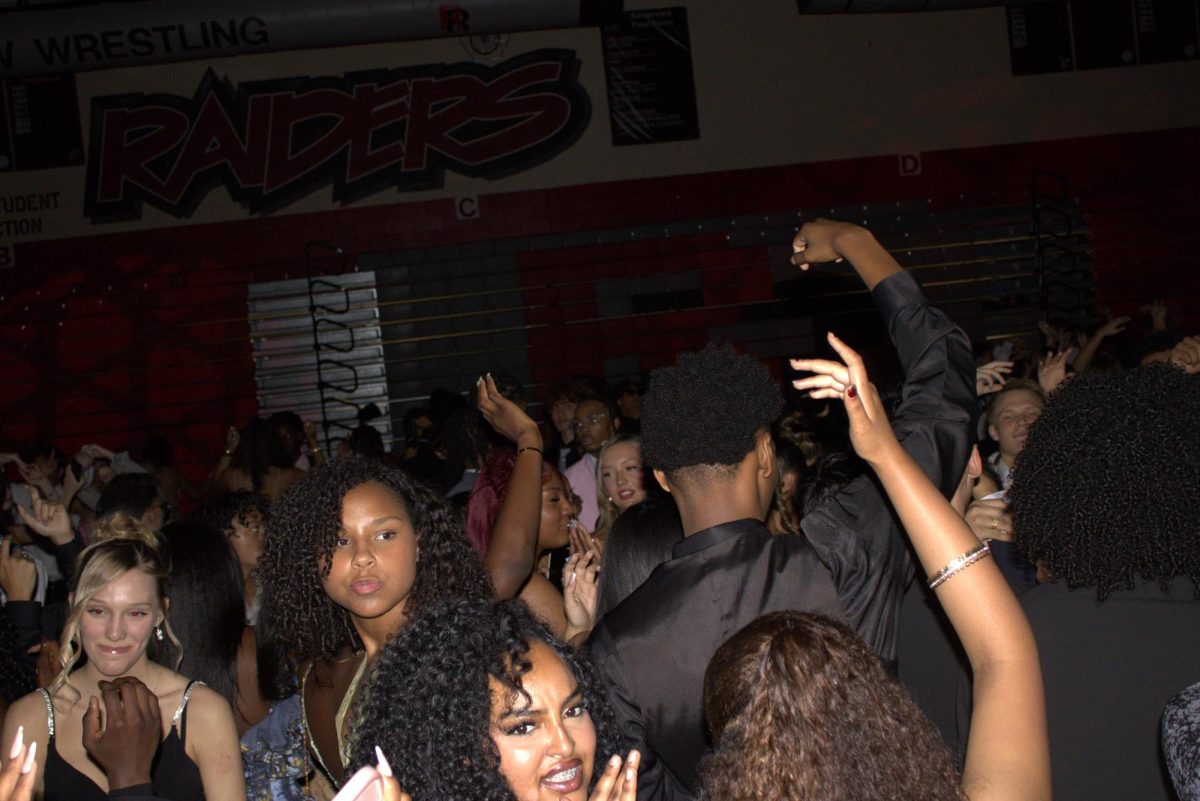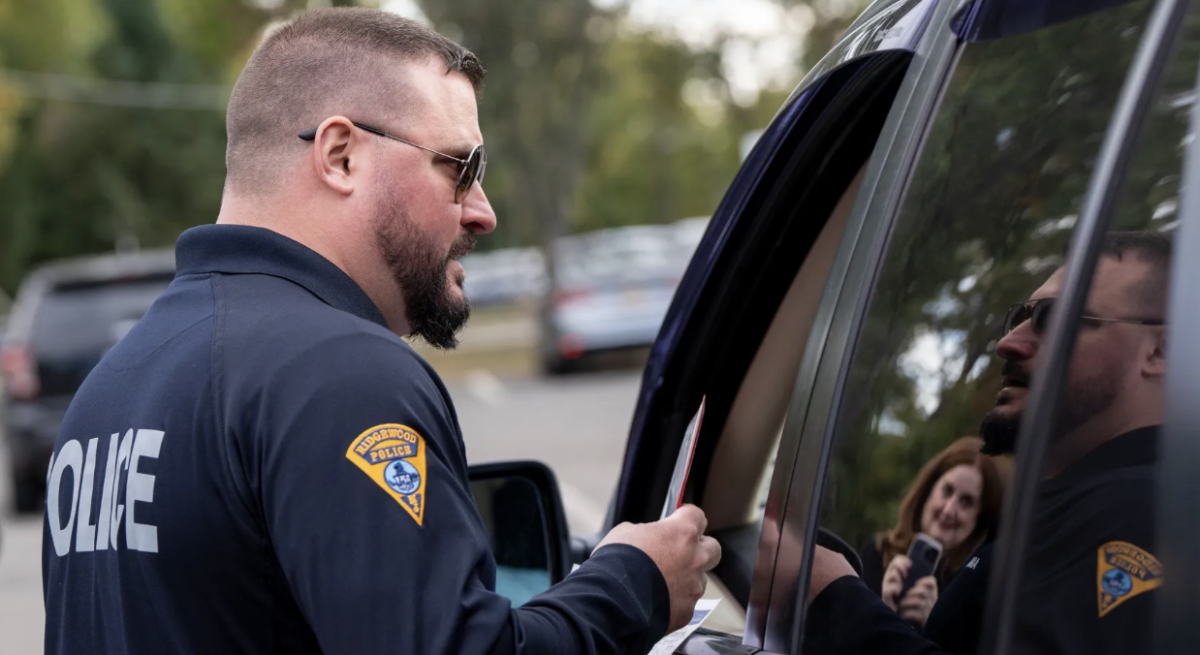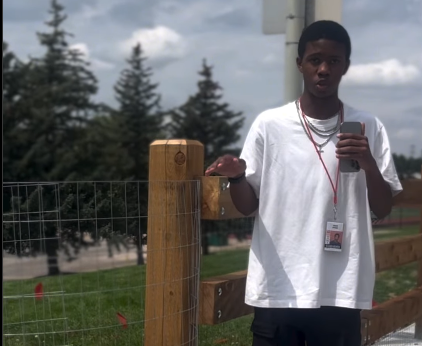Feature photo by: Savannah Lyman- A teenager is seen sitting on a pair of swings. 20% of kids who age out of the system become instantly homeless.
Editor’s note: names have been altered due to protection of identity
The American dream is to have both a mom and a dad, a brother and a sister, as well as a solid education. Sadly, this is not the case for many children in the United States. Kids are being taken out of their homes and being thrown into foster care each day. The majority of the children being placed in foster care doesn’t typically benefit from this change, but rather it creates many issues for her future.
Foster care is a system in America in which a minor is placed by social services in a temporary home with a licensed caregiver, also known as foster parent(s). Children are typically taken out of their homes if the parents are abusing or neglecting the child.
The minimum requirements to be a foster parent are to pass a background check, be in good physical health, as well as be over the age of 21. After that, they interview the foster parent(s) and go through a screening process. If the previous steps are approved, you are officially a foster parent.

“We had to go through background check, fingerprints, physicals, interviews, classes on how to handle foster kids and a financial background check,” says foster parent Lynda Aranda. “They look at what bills you have and if you can afford a child or not. It took four to six months to just become foster parents. They came in, did house checks randomly. It took 18 months to become adoptive parents. They interviewed us separately and needed references. We had to make sure her vaccines were up to date and I had to make sure she saw her parents once every week. The process is very difficult. To t
his day, after thirteen years, they still check up on us.”
According to Children’s Rights statistics, there are more than 400,000 kids in foster care. More than 62,000 of these kids are waiting to be adopted by a loving family but ultimately this will not happen for the majority of them.
In 2015, 20,000 kids aged out of the foster care system without being adopted. Moving from home to home without stability puts him/her at a higher risk of homelessness and unemployment later in his/her adult lives. (childrensrights.org.)
“I was put into foster care when I was five years old,” says senior Serina. “To be honest I don’t remember much from it but I do remember all I really had was my stuffed animals and imagination to keep me from getting upset about the situation I was in. Being a foster kid leaves an imprint on you. Even if you’re adopted from your own family you will always lack a piece of your own identity. Growing up and seeing my friends with their parents and reminisce on childhood memories was always hard for me. Or even having friends that had family traditions or knew about their own culture upset me sometimes as well. No one realizes how big of an impact that can have on you unless you’ve never really had it.”

Even though taking kids out of a home that didn’t suit the state’s criteria may seem like a heroic move, there are many underlying issues with this system. In fact many children are placed in worse conditions than the ones they were taken out of.
“The system is broken,” says Serina. “I’ve met so many kids who were in homes that wouldn’t feed them or care for them properly. They just take kids from their homes and they stuff them into another home with more kids and even worse adult care. Foster kids are shoved at the bottom and nobody takes the time to recognize us. Nobody knows this and it’s time for change. ”
The main reason kids are taken away from their home is because the family is impoverished. When they are finally placed in a home, it doesn’t mean that they are out of harm’s way. (medicalkidnap.com)
“The difficult part for me was going back to raising a child,” says Serina’s foster dad, Dean Rodgers. “There are a lot of mental issues that go along with it because kids will act out; they’re dealing with so much. A lot of people don’t realize that there’s a lot of political issues that go along with it. A lot of families don’t even take care of their kids and never even get checked on. It all depends on the case worker. This whole process has been very tedious but it’s all very rewarding.”
Being in a foster home doesn’t technically mean all of her needs are met. According to The Odyssey Onli
ne, foster homes are overpopulated with children, meaning there’s not enough resources like food or basic clothing to go around. This also means that not every child will get the attention they need in order to deal with their emotions. (theodysseyonline.com)
When a child moves from house to house creating new relationships every time, this initially develops social and mental health issues in their adult lives.
Social:
Kids who aren’t in a stable environment often withdrawal from having any serious or close relationships. According to google.nyu.edu , living in foster care creates lack of engagement in school and learning problems in the classroom. They lack close relationships with teachers or their caregivers due to underlying trust issues. This also causes issues with making and keeping friends.
This can ultimately damage his/her’s communication skills in the adult world and lead to never having a stable friendship or relationship.

Mental:
Not only do these children struggle socially, but they also develop many mental health issues. Living in many different households and never really knowing what a home is can create depression, anxiety, and PTSD.
According to Department of Applied Psychology, 61% of children in foster care suffer from one or more of the above mental problems. Previous abuse, such as sexual harassment, rape, etc. can also lead to depression, anxiety, and PTSD.
Considering the major changes many of these kids go through, one can only wonder what it actually feels like to be placed and replaced around the clock.
Many of the stories that are reported said that foster kids felt unwanted and confused. Some of the stories also report that their caregivers would threaten them in order to get them to behave, they didn’t get along with the other foster kids, and had trouble making friends. (theguardian.com)
“We can start by providing these kids with the support that they need,” says Dean. “I think more check ins with the foster parents and really focusing on the kids emotional state. They need to take responsibility and start doing their jobs in protecting these children.”
Even though not every story about foster care is a tragic experience, ultimately we can conclude that the system is breaking and it’s only amount of time until it’s too late to do anything about it.
To read more on what you can do to help foster kids click here.






